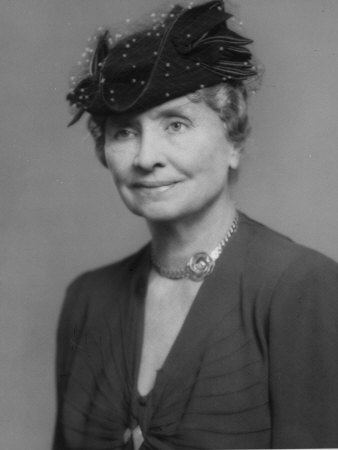Among other deafblind people of the time, the following can be highlighted:
- Laura Bridgman (1829-1889). She was not as famous as Helen Keller, but she is recognized as the first deafblind American to learn to read and write, 50 years before Helen. Launched to fame by the writer Charles Dickens, some people consider her to be even smarter than Helen.
- Marie Heurtin (1885-1921), born deafblind in France, learned to read and write when her teacher, Sister Sainte-Marguerite, taught her sign language. Her life was made into a film in Marie's Story, with good reviews.
- Yvonne Pitrois (1880-1937), French deaf journalist and writer. She was the European correspondent for The Silent Worker for many years.
- Clara María Victoria Pechuan, who received the “CV ASOCIDE 2012” award for her effort and dedication to women with visual and hearing impairment, in addition to being the first totally deafblind woman to found ASOCIDE in the Valencian Community, Spain, in 1999. She graduated as a physical therapist.
- Gennet Corcuera (1984-), abandoned in an African orphanage and adopted by a family in Madrid, has finished her university studies, being the first deafblind woman from birth in all of Europe to achieve it. She is working in a special education school with deafblind people.
